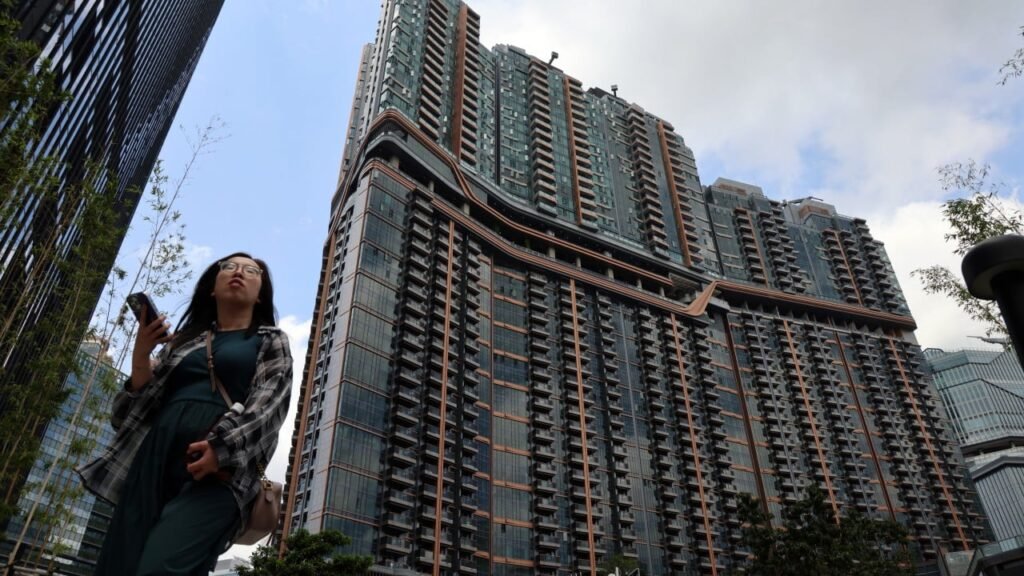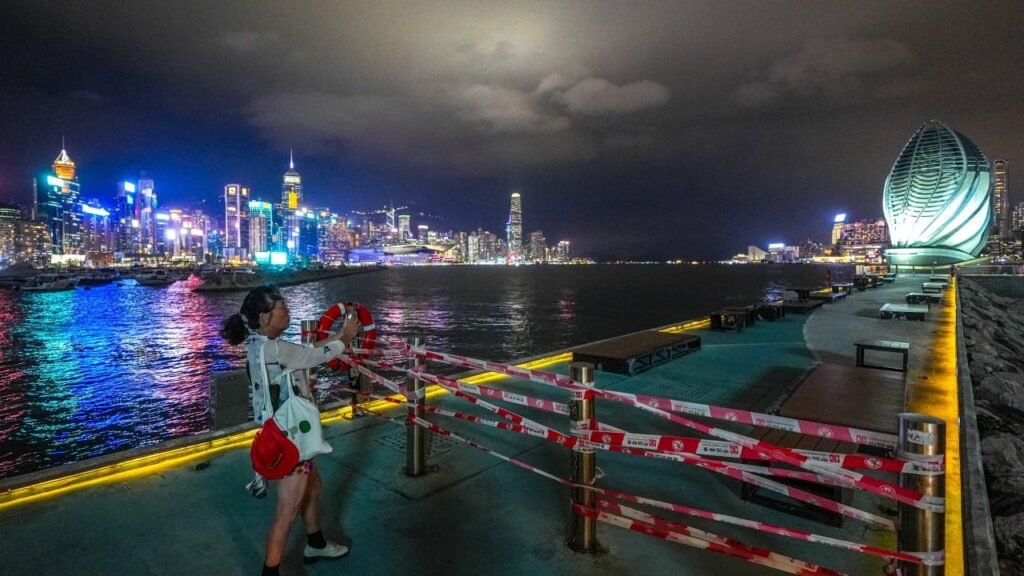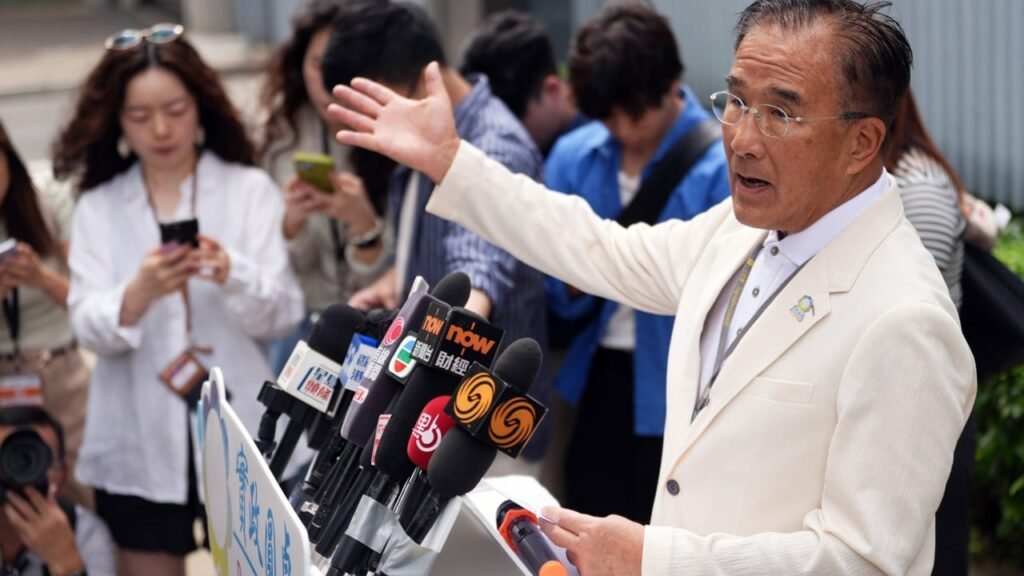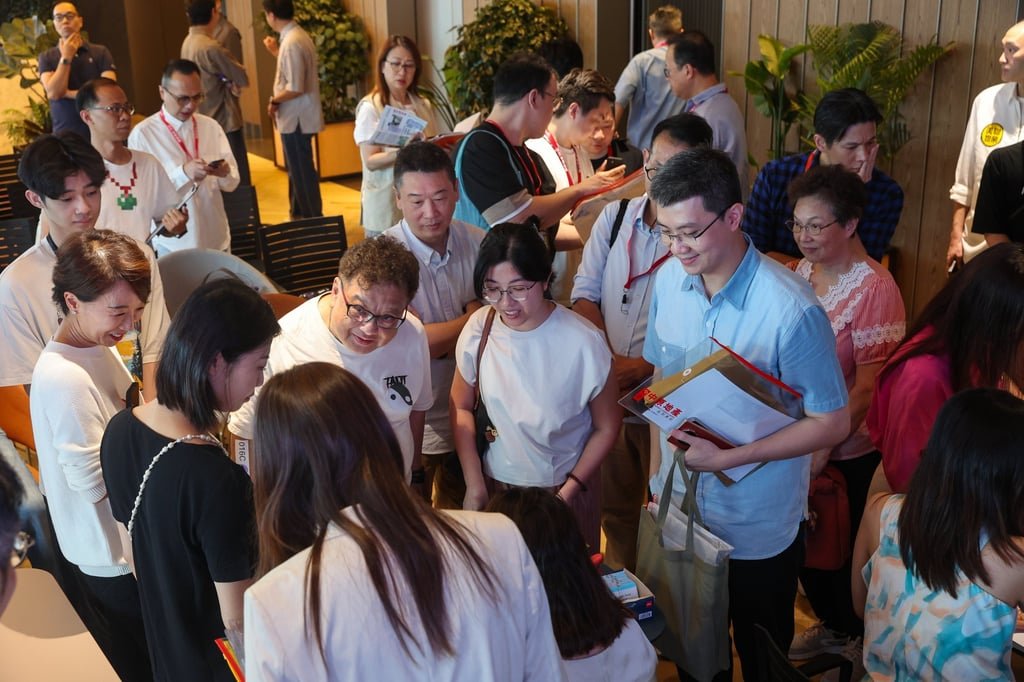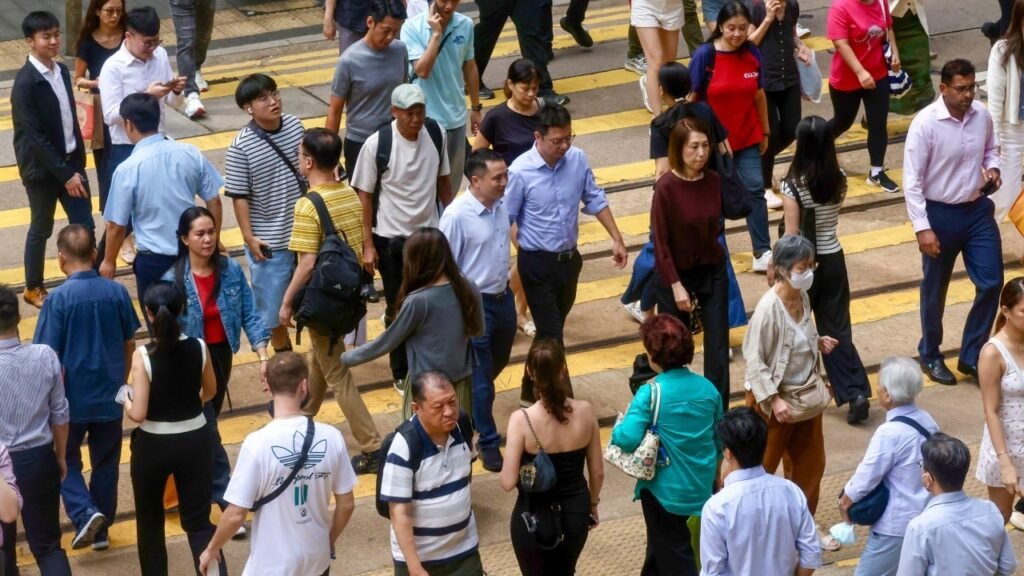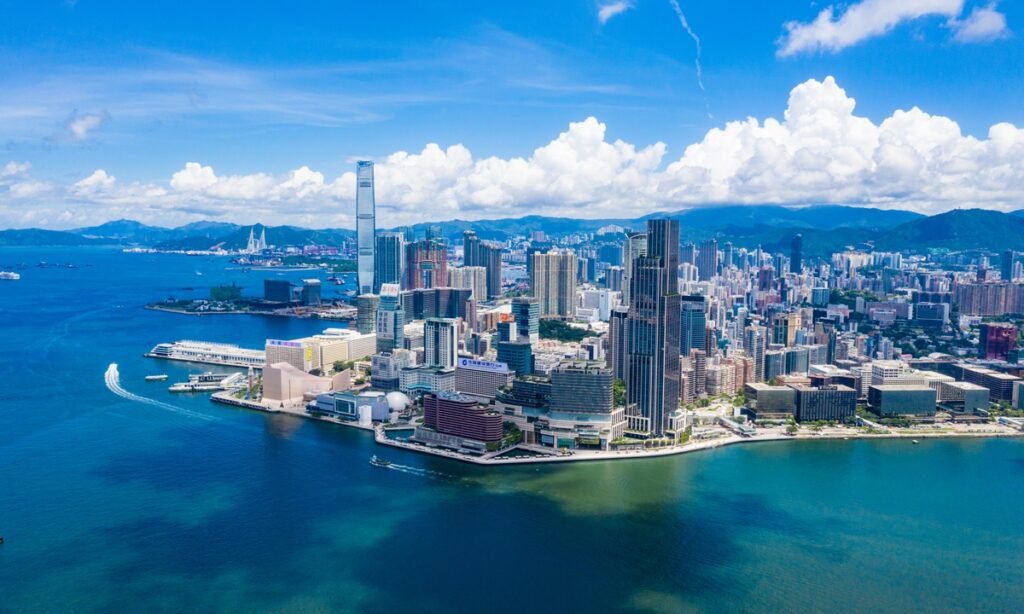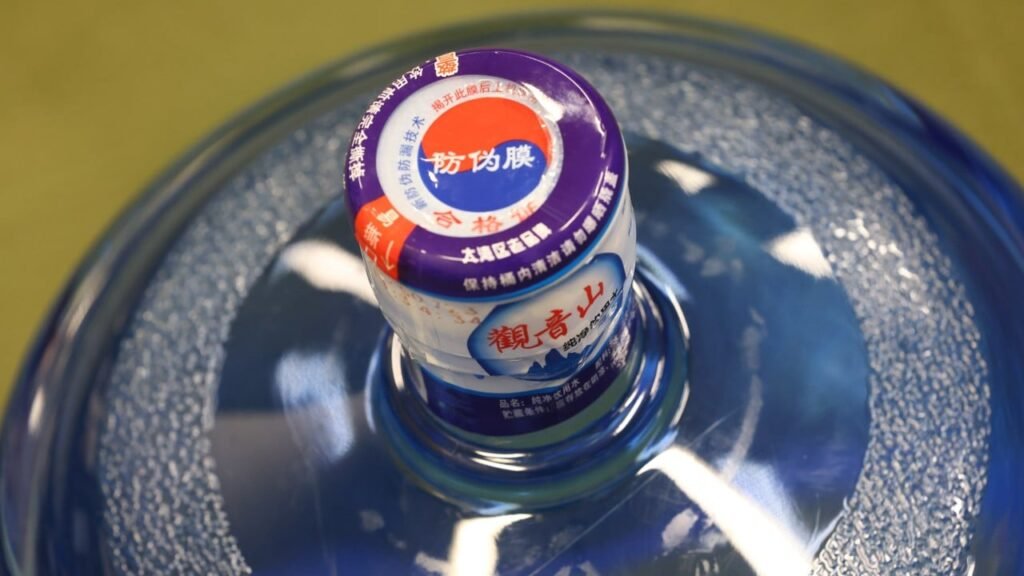The trend is expected to continue.
By Xie Yingjie, Investor Network
The Hong Kong stock IPO market has been recovering since the second half of last year. Since 2025, the wave of A-share companies going public in Hong Kong has continued to heat up, with Hong Kong regaining its position as the world’s largest in terms of fundraising. This trend is expected to continue.
 Wind data shows that the total equity financing in Hong Kong’s primary market (including IPOs and secondary offerings) reached HKD 437.59 billion this year, marking a year-on-year increase of 260.41%, significantly boosting market activity.
Wind data shows that the total equity financing in Hong Kong’s primary market (including IPOs and secondary offerings) reached HKD 437.59 billion this year, marking a year-on-year increase of 260.41%, significantly boosting market activity.
Since 2025, there have been 71 new IPOs listed on the Hong Kong stock market, raising a combined total of approximately HKD 189.318 billion. In terms of industry distribution, information technology, healthcare, industrials, discretionary consumption, materials, and staples accounted for a significant proportion among the companies that filed listing applications in 2025.
The ‘A+H’ dual-listing group continues to expand.
Since 2025, 83 A-share listed companies have submitted listing applications to the Hong Kong Stock Exchange, surpassing the total number over the past decade. June saw the highest number of filings within the year at 65, followed by September with 60 filings.
In the most recent week (October 12 to 18), there were two listings, two initial public offerings, seven hearings, and 10 filing submissions.
In 2018, the Hong Kong Stock Exchange implemented what was considered the most significant listing reform in 25 years, establishing a secondary listing channel for Chinese companies and multinational corporations seeking a second listing in Hong Kong. Subsequent reforms have made the process for secondary listings and dual-primary listings more flexible and convenient.
In 2025, the Hong Kong Stock Exchange further lowered the listing threshold for specialized technology companies. The market capitalization requirement for commercialized companies was reduced from HKD 6 billion to HKD 4 billion, while for non-commercialized companies it was lowered from HKD 10 billion to HKD 8 billion, significantly reducing the barriers for companies to go public.
In addition, the China Securities Regulatory Commission (CSRC) and the Hong Kong Securities and Futures Commission (SFC) strengthened their cooperation in 2025, streamlining the approval process for A-share companies seeking listings in Hong Kong and promoting the normalization of a ‘dual listing’ mechanism. This series of policy measures has injected strong momentum into the Hong Kong IPO market.
At the same time, the pace of A-share IPOs has tightened temporarily, with the average review cycle for STAR Market and ChiNext extending to more than eight months. In contrast, the Hong Kong Stock Exchange’s electronicized ‘file-and-review’ process can complete hearings in as little as six weeks, sharply reducing the time cost. According to data from Deloitte China, the average review cycle for Hong Kong listings in the first half of 2025 was 4.2 months, significantly lower than the 8-12 months required for A-share listings.
Under internal and external pressures, companies have voted with their feet: among the 71 newly listed stocks this year, mainland enterprises accounted for 86%, including 24 dual-listed ‘A+H’ companies, contributing over 60% of the total funds raised.
The close interaction between regulators and the market is also rarely seen in recent years. In August, the Hong Kong Stock Exchange arranged for five companies to list on the same day—an unprecedented move since the 2018 reform allowing dual-class shares. From September 29 to 30, 29 companies filed applications just before the deadline, with 21 opting for the ‘A+H’ structure to lock in the validity period of their annual audit reports and avoid the need for additional documentation.
The Matthew Effect in Hong Kong IPOs is evident, with large projects predominantly led by top-tier investment banks. Among the 20 investment banks involved, some participated in only one IPO sponsorship. The top five largest Hong Kong IPO projects in terms of issuance scale this year include CATL, Hengrui Pharma, and Haitian. CICC participated in three of these deals, while Goldman Sachs, Morgan Stanley, Bank of America Securities, and Huatai Securities each sponsored two.
Hong Kong IPOs Shift into ‘Accelerated Mode’
Leading enterprises play a guiding role in ‘A+H’ listings. From an industry perspective, A-share hard-tech companies are becoming the main force driving listings in Hong Kong. Companies in power equipment, electronics, and pharmaceuticals/biotechnology account for 50% of the total, with sub-sectors such as semiconductors and batteries being particularly dense. In addition to enhancing overseas financing capabilities, these companies aim to advance their global strategic layouts and elevate their international brand image and competitiveness. For example, CATL set a new record for H-share listing approval in just 25 days and plans to further its globalization strategy through its Hong Kong IPO.
Market institutions estimate that nearly 30 U.S.-listed Chinese companies, with a combined market value of approximately $200 billion, meet the criteria for secondary listings in Hong Kong. If all these companies were to return, they would be expected to bring about HKD 5 billion per day in regular trading volume. Should all American Depository Receipt (ADR) trading volumes shift, daily trading volume could increase by an additional HKD 10 billion or more.
Returning U.S.-listed Chinese companies have become a significant increment in Hong Kong’s new stock market in recent years. Historical data confirms the benefits of Hong Kong’s institutional framework. From 2018 to 2019, pioneers like Xiaomi, Meituan, and Alibaba completed their returns, establishing a foundation of market confidence. From 2020 to 2021, 17 U.S.-listed Chinese companies, including NetEase and JD.com, returned en masse, driving Hong Kong’s annual trading volumes up by 50% and 28%, respectively. Chinese stocks continued to account for over 30% of Hong Kong’s trading volume, significantly enhancing market pricing power.
Anticipating future developments, the Hong Kong Stock Exchange launched a pre-roadshow platform called ‘IPO Express’ in early October, allowing potential investors to submit indicative orders in advance and reducing system congestion during peak book-building periods. Meanwhile, the Hong Kong SFC established a ‘green channel’ with mainland regulators to expedite parallel approvals for A-share companies with a market value exceeding CNY 10 billion seeking listings in Hong Kong, completing the registration process within as few as 15 working days.
As more high-quality Chinese assets flow back into the Hong Kong stock market, it presents a new development opportunity for the market characterized by an upgrade in asset quality and increased trading activity.
Notably, in 2025, southbound funds continued to flow into the Hong Kong stock market. According to Wind data, as of the latest closing date, the year-to-date net inflow of southbound funds into Hong Kong stocks has exceeded HKD 450 billion, setting a new historical record. These funds were mainly directed towards sectors such as information technology, healthcare, and discretionary consumption, aligning closely with the distribution of industries filing for IPOs.
However, behind the feast lie some concerns. With the surge in supply, the rate of IPOs breaking below their issue price on the first day has quietly risen to 29%, up from 21% in the same period last year. Some small- and mid-cap projects have been undersubscribed, forcing scale reductions or delayed pricing. The market is beginning to worry about whether the ‘new share subscription’ dividend in Hong Kong stocks can continue if volatility in U.S. equities intensifies in the fourth quarter and the renminbi exchange rate comes under renewed pressure.
Looking back at the Hong Kong stock market’s IPO performance in 2025, the synergy among policy, capital, enterprises, and investors has pushed Hong Kong back to the pinnacle of global fundraising. The list continues to grow, and the feast has not yet ended, but the market has quietly built in buffers for valuation and liquidity. For latecomers, the window of opportunity remains open, but the threshold has quietly risen. (Produced by Thoughtful Finance) ■

